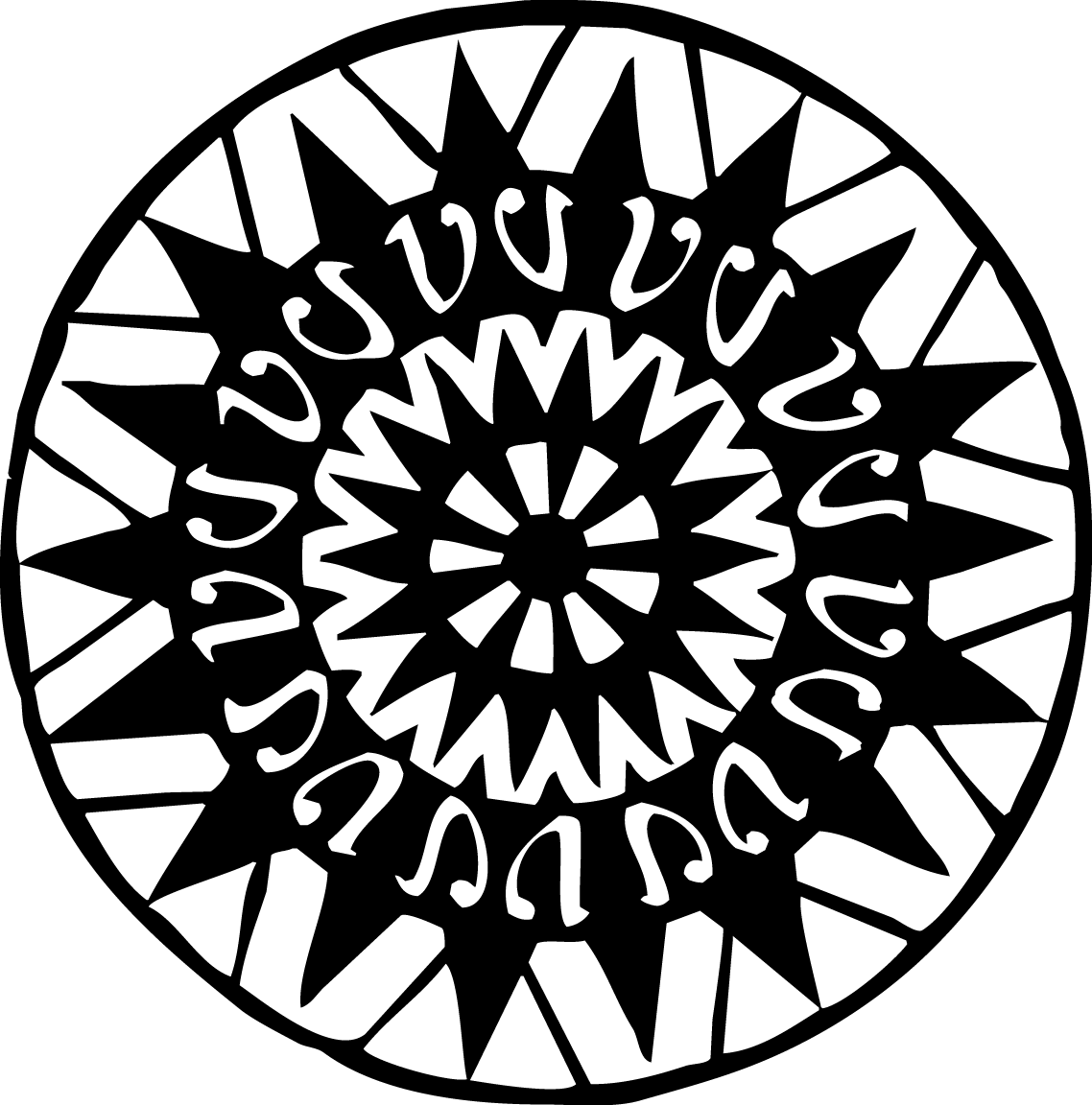Researchers have long been interested in studying the transmission of information on social media and comparing it to the spread of infectious diseases. For many of us, social media has played a big role in our lives over the past week with the events surrounding the Boston Marathon. Everyone was talking about when you should, and shouldn't tweet, post or comment and there was a fair amount of judgement on all sides when people did post.
A study was published earlier this month (pre-Boston Marathon) that looked at Twitter conversations during the time of the H1N1 outbreak in 2009. As you may remember, H1N1 broke out after the flu season had already started and was not included in the normal vaccine. H1N1 also threatened populations that were generally considered a healthier population during an outbreak (young adults, pregnant people, etc).
The study found that:
“Negative opinions were more contagious than positive ones. (Specifically, someone who read a lot of anti-vaccine messages was more likely to follow up by tweeting or retweeting negative messages of their own.)”
And further:
“Being exposed to a lot of positive messages also predicted negativity. Salathe interprets this as a sign of public health messages backfiring: maybe they’re being seen as pushy.”
Many of us on social media believe it is important to spread information we think is relevant in the time of a national crisis. ith the development of a new flu in China (H7N9) it will be interesting to see how conversations on social media develop. Will this flu turn pandemic? Will people outside of China be immune to the H7N9 conversations that are beginning on social media now? Will the level of skepticism increase because we are hearing of it now, but it may not impact anyone in our geographic area for sometime?

